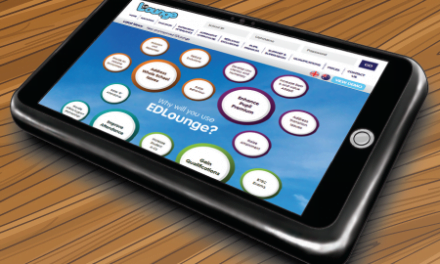The United Kingdom has outlined new measures to order to tackle the coronavirus pandemic which will affect everyone.
The vast majority of shops will close and police will intervene on gatherings of more than two people. People are only allowed to leave their homes for essential travel to work, food shopping and to exercise once per day.
Many people are now fearing the effect of a lockdown on their mental health.
10 tips to help maintain your mental health
Tip 1 – Remind yourself it is only a temporary period: The key to this period is to remember it is only temporary. At some point things will return to normal, so you only need to plan for the next few weeks. You can make plans on how to get the most out of your day, knowing that it is only a temporary measure.
Tip 2 – Exercise: This has a proven record at helping to improve a person’s mental health. According to Stephen Buckley, head of information at Mind you should try and get exposure from the outside world. He says: “Our physical health and mental health are linked so try to create a routine that includes some physical exercise.”
Tip 3 – Keep in touch with family and friends: Technology nowadays means you don’t need to cut yourself off from the outside world. Anxiety UK says: “If you feel like you are beginning to struggle, take some time to call a friend or family member. Talk about how you’re feeling. If you don’t have anyone to speak to you can call emotional support lines like Samaritans or SANEline.”
Tip 4 – Use the garden: Fresh air also brings mental health benefits. You can use open spaces to collect your thoughts, do exercise, play games with your children and can even use it as an open study space.
Tip 5 – Help the community: If you feel that you have a lot of free time you can use it in order to help the community. You can bring out your creative side to help local businesses, or you could volunteer your time to help people in need of support.
Tip 6 – Try different things: Sitting in front of a screen is not the best way to spend large amounts of time. Among the things you can try could include downloading podcasts, watching box sets, doing arts and crafts, meditation, cooking, reading and writing. Find out why reading is essential here.
Tip 7 – Try to have fun: You can improve your mental health by doing things that you enjoy. Whether that is listening to your favourite music, watching your favourite film, playing your favourite games and eating your favourite foods.
Tip 8 – Get plenty of sleep: Emma Carrington, information manager at Mental Health UK says: “As far as possible, try to maintain as much as a routine as you can. Wake up and go to bed at healthy times to make sure you get enough sleep.”
Tip 9 – Maintain a good diet: You may find yourself wanting to eat unhealthy snacks and eating unbalanced meals as a way to entertain yourself.
Ms Carrington adds: “Do your best to eat well. If you haven’t got people who can bring food to you then see if you can sign up to home deliveries from your local supermarket.
“Have a look to see if there are any community support groups in your local area that can provide any support with shopping.”
Tip 10 – Avoid the news where possible: A constant negative stream of news can affect your mental health, so you can limit this intake. The World Health Organisation says: “A near constant stream of news reports about an outbreak can cause anyone to feel anxious or distressed. Seek information updates and practical guidance at specific times during the day.”
You can follow EDBlog for the latest education news, as well as light-hearted advice.
At EDLounge, we have a range of mental health support including dedicated lessons on mental health.
Our software caters for pupils with mental health problems who may not be suited to mainstream classrooms. Features include eyes-on learning on EDClass+ so when used off-site anything of concern can be raised with school. Our instant chat feature means you have someone to talk to, as well as contact details for charities.
For more information call 01909 568 338.









